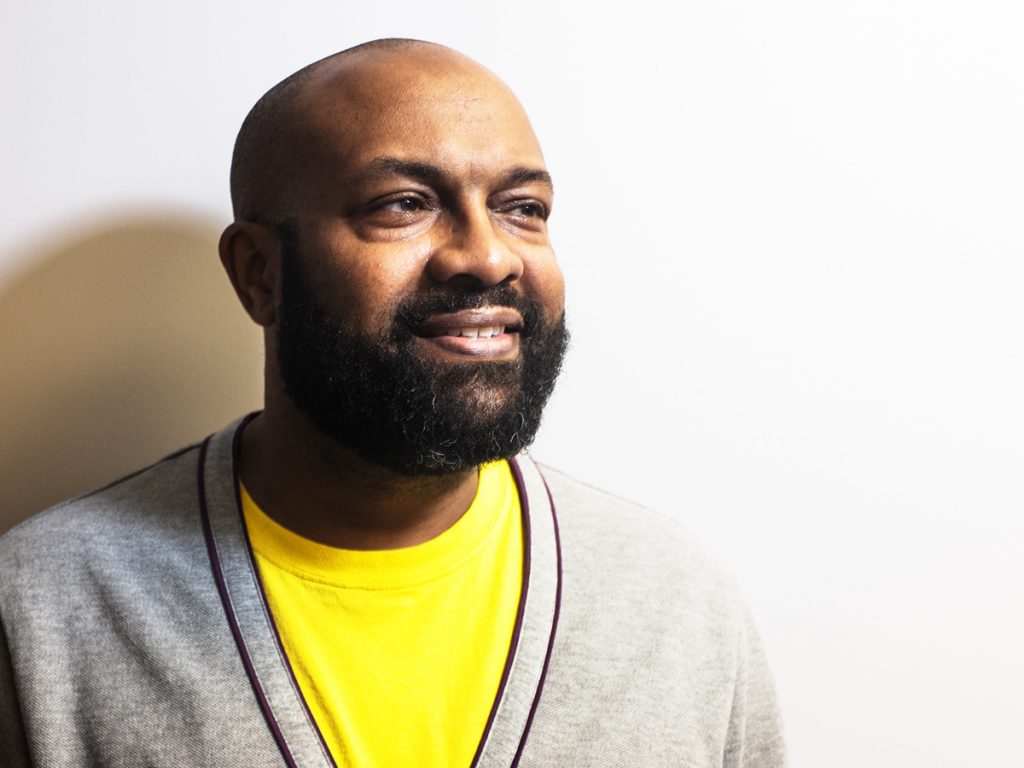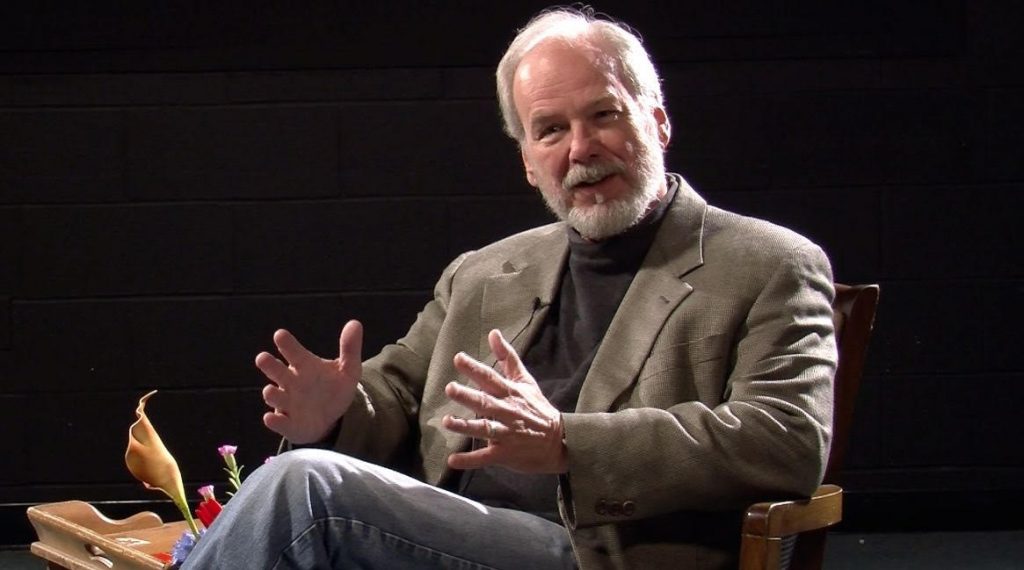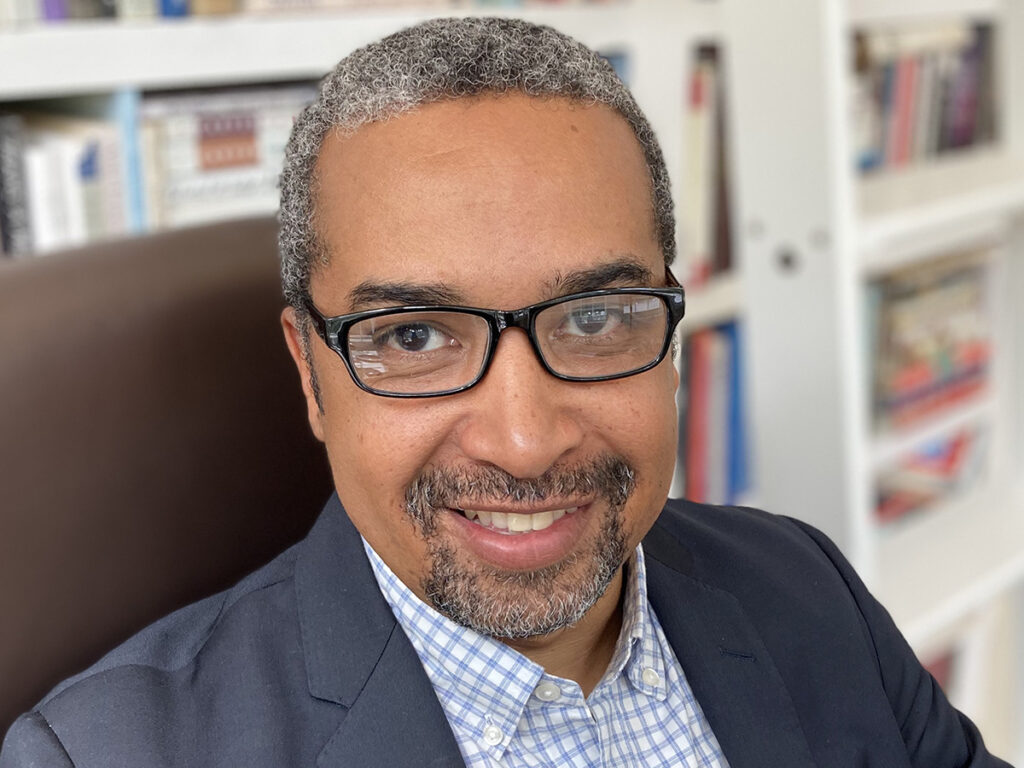Pushcart Prizes Go to WLP’s Asim, Hoffman, Walker
The next anthology of Pushcart Prize-winning literature will include not one, but three Writing, Literature and Publishing faculty members: Jabari Asim, Richard Hoffman, and Jerald Walker.
Since 1976, the Pushcart Prize has honored the best American short fiction, essays, and poems published by small presses. Each year, Pushcart publishes a collection of the winning submissions. The 2022 edition, in which the Emerson faculty members were notified they would appear, is due out in December 2021.

Asim, an associate professor and the inaugural Elma Lewis Distinguished Fellow, won for “Young Americans,” from his collection, Stop and Frisk: American Poems (Bloomsday Literary, 2020). The publisher describes the book as “Drawing defiant inspiration from the news and the Blues.
“[T]hese poems arrest our attention and burn grooves into us. Like bare bulbs swinging in windowless rooms, Asim’s poems offer little solace. Their keening is inescapable, interrupting our piped-in playlists.”
Asim’s essay collection, We Can’t Breathe: On Black Lives, White Lies and the Art of Survival, was named a 2019 PEN America Literary Awards finalist, and an essay from the collection, “Getting It Twisted,” was included in the 2019 Best American Essays anthology. Stop and Frisk is Asim’s first poetry collection.
“I’m grateful, as always, for any recognition of my work,” Asim said. “It’s especially gratifying to be in the company of Richard and Jerald.”

Hoffman, a senior writer-in-residence at Emerson who retired at the end of this academic year, and nonfiction editor of Solstice: A Magazine of Diverse Voices, was awarded for his essay, “Remembering the Alchemists,” published in Consequence Forum, a literary journal focused on the culture and consequences of war. The piece is an indictment of the United States’ role as the “foremost arms dealer in the world,” and the dependence of the American economy on manufacturing instruments of death for use at home and abroad.
Read “Remembering the Alchemists” in Consequence Forum
“My gratification at the prize was dampened by the fact that when it was announced my friend the poet Mosab Abu Toha and his wife and 3 young children were hiding in the crawl space under their home in Gaza while F-16s made in the U.S.A. turned their neighborhood to hell – the very subject of the essay,” Hoffman wrote on his blog. “They survived; some of their neighbors did not. So it’s like getting a blue ribbon and a pat on the back for saying, ‘Stop killing and terrorizing children with diabolical war machines!”
Hoffman is the author of seven books, including memoirs and collections of poetry and short stories. His poetry collection, Gold Star Road, won the 2006 Barrow Street Press Poetry Prize and the New England Poetry Club’s Sheila Motton Book Award. Noon until Night won the 2018 Massachusetts Book Award in Poetry.

Professor Jerald Walker won for “Kaleshion,” about hair and self-image, from his book, How to Make a Slave and Other Essays (Ohio State University Press, 2020). The collection was a 2020 nonfiction finalist for a National Book Award.
Read “Kaleshion” in Creative Nonfiction
Walker’s work, which includes two memoirs, has been widely anthologized, including five times in The Best American Essays. His book, Street Shadows: A Memoir of Race, Rebellion, and Redemption, won the 2011 PEN New England/L.L. Winship Award for Nonfiction and was named a Best Memoir of the Year by Kirkus Reviews.
“I’m honored to have my work recognized with one of the most prestigious awards in letters,” Walker said. “It’s especially gratifying to be included in the Pushcart Prize anthology with two of my friends and colleagues, Richard Hoffman and Jabari Asim.”
Categories